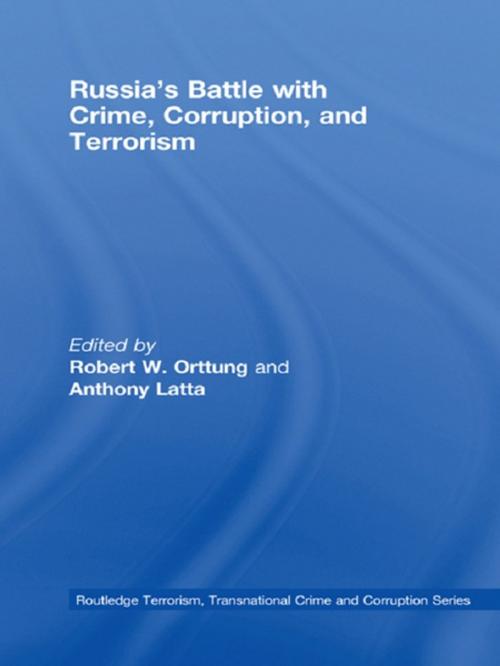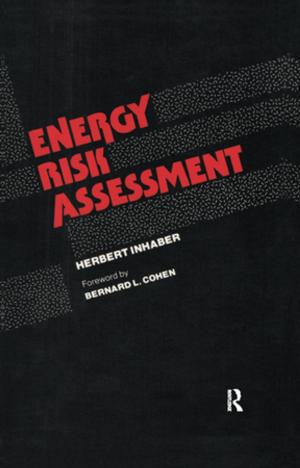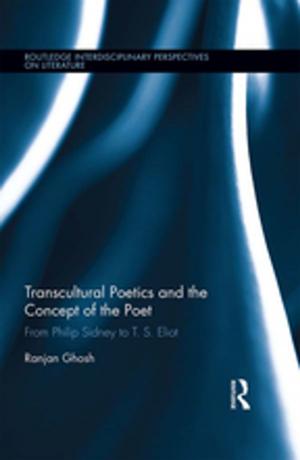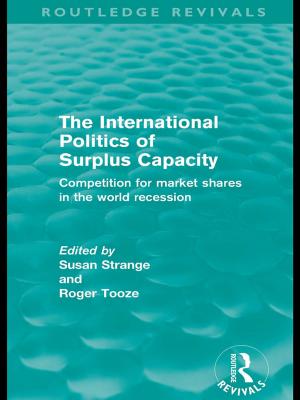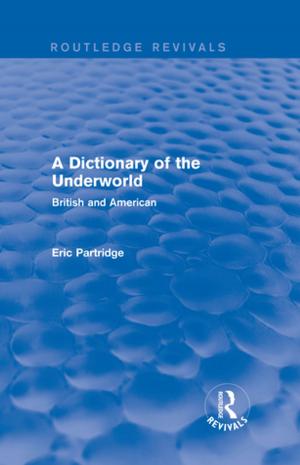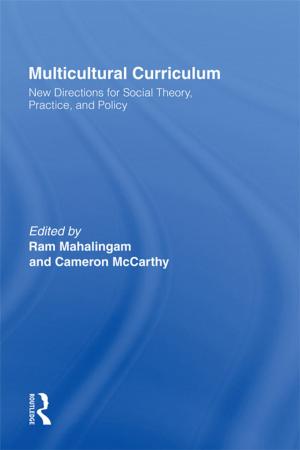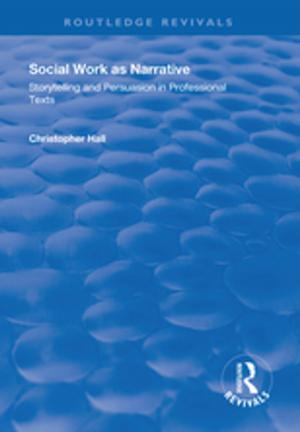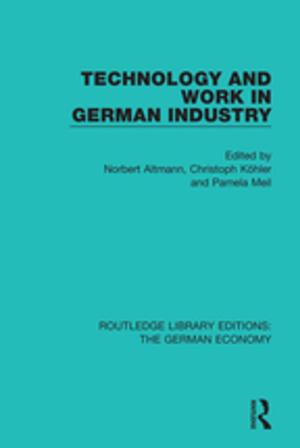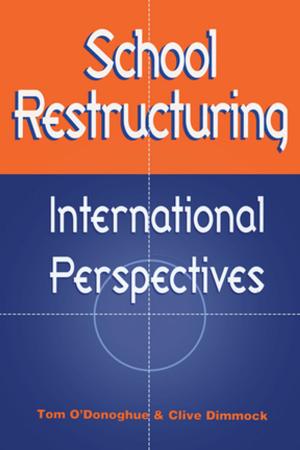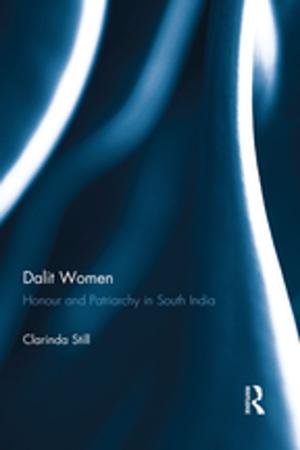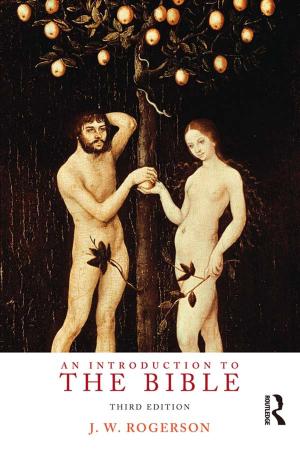Russia's Battle with Crime, Corruption and Terrorism
Nonfiction, History, Asian, Russia, Social & Cultural Studies, Social Science, Cultural Studies, Ethnic Studies, Political Science| Author: | ISBN: | 9781134089000 | |
| Publisher: | Taylor and Francis | Publication: | January 11, 2013 |
| Imprint: | Routledge | Language: | English |
| Author: | |
| ISBN: | 9781134089000 |
| Publisher: | Taylor and Francis |
| Publication: | January 11, 2013 |
| Imprint: | Routledge |
| Language: | English |
This book examines Russia's attempts to tackle the challenges of the new and increasing security threats of rising crime, corruption and terrorism that it has experienced since the break-up of the Soviet Union in 1991. It demonstrates the close links between the rising drug trade, border problems, migration issues, organised crime, corruption and terrorism.
Uncovering information not seen before by Western audiences, this book:
-
shows how Russia's porous borders have facilitated the operation of transnational crime groups
-
explores the specific features that make particular regions such as Siberia important for the drug trade and other forms of smuggling, analysing the character of the different criminal groups and networks, and investigating the informal links and collusion between these organizations and police officials
-
considers the operation of corrupt practices in the military sector, one of the most closed parts of the economy
-
analyzes the ways in which Russia is fighting crime, corruption and terrorism, and the implications for civil liberties
-
argues that the extensive flows of illegal immigrants into Russia are creating ever more fertile grounds for corruption, crime and terrorism, while the immigrants themselves are often the victims of this crime.
This book examines Russia's attempts to tackle the challenges of the new and increasing security threats of rising crime, corruption and terrorism that it has experienced since the break-up of the Soviet Union in 1991. It demonstrates the close links between the rising drug trade, border problems, migration issues, organised crime, corruption and terrorism.
Uncovering information not seen before by Western audiences, this book:
-
shows how Russia's porous borders have facilitated the operation of transnational crime groups
-
explores the specific features that make particular regions such as Siberia important for the drug trade and other forms of smuggling, analysing the character of the different criminal groups and networks, and investigating the informal links and collusion between these organizations and police officials
-
considers the operation of corrupt practices in the military sector, one of the most closed parts of the economy
-
analyzes the ways in which Russia is fighting crime, corruption and terrorism, and the implications for civil liberties
-
argues that the extensive flows of illegal immigrants into Russia are creating ever more fertile grounds for corruption, crime and terrorism, while the immigrants themselves are often the victims of this crime.
